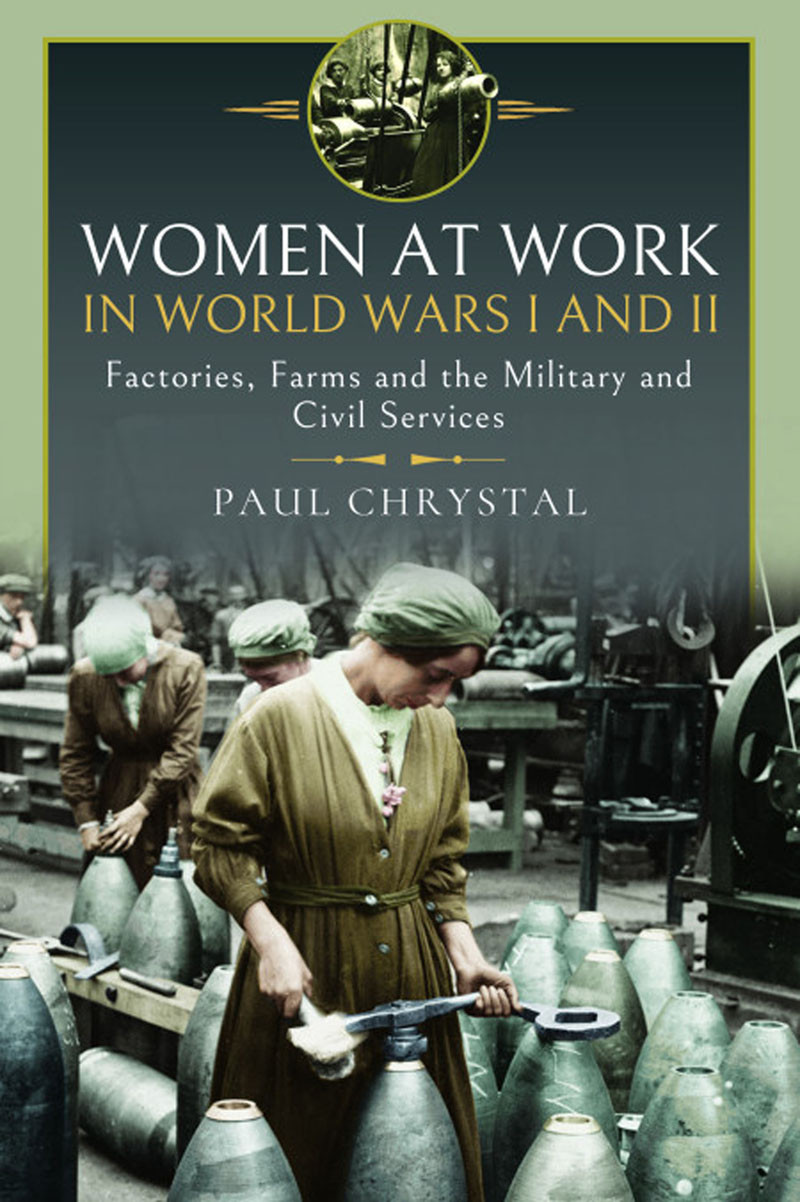Product desciption
Women At Work In World Wars I And Ii Factories Farms And The Military And Civil Services Paul Chrystal by Paul Chrystal 9781399071277, 1399071270 instant download after payment.
About the Author: Paul Chrystal is the author of some seventy books published over the last decade, including recent publications such as Wars and Battles of the Roman Republic, Roman Military Disasters and Women and War in Ancient Greece and Rome. He is a regular contributor to history magazines, local and national newspapers and has appeared on BBC Radio 4, BBC World Service and on BBC local radio throughout Yorkshire and in Teesside and Manchester. He writes extensively for several Pen & Sword military history series including ‘Cold War 1945–1991’, ‘A History of Terror’ and ‘Military Legacy’ (of British cities).
This book is about women in World Wars I & II - women working in factories and on farms, or toiling perilously in field stations just behind the front lines, in inhospitable hospitals and convalescent homes. It is, therefore, about the prodigious contribution women made to the war efforts from 1914-1918 and 1939-1945, standing in for the men who had left their places of work for the various theatres of war from Greece and Italy to Belgium, from Mesopotamia to France. Their tasks were many and various: keeping the troops supplied with shells, bullets and explosives, keeping the nation from starving to death, keeping hundreds of thousands of wounded troops alive so that they might fight another day. The book is, in short, the uplifting but sometimes tragic story of the many women who stepped up to work in the factories, hospitals, field stations, in transport and in civil defense, on the farms and shipyards, or signed up to the various military and civil services during the two world wars of the 20th century, ‘wars to end all wars…’.
The book is different because it deals with women’s labour in both world wars and in all occupations, it covers the discrimination and prejudice they faced from men at every level, military and civilian, even when they had demonstrated beyond doubt that they were quick learners, industrious and proficient, and usually as


